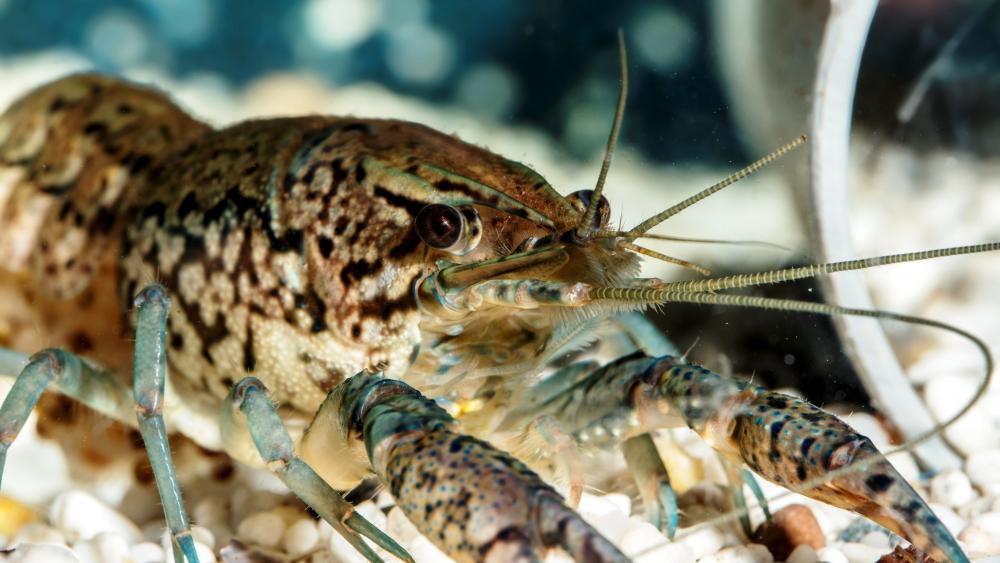
In 2016, the EU added the marbled crayfish to the list of invasive alien species. I Photo: Bernd Wolfram
As part of the initiative „World scientists’ warning to humanity: a second notice“ the authors call for change in our stewardship of the Earth and the life on it – in this case for a stricter approach to invasive species. The experts note that the number of invasive alien species is increasing rapidly, with over 18,000 currently listed around the world.
Global change – including climate change, land-use change and an increase in international (online) trade – favour the massive increase in invasive species. The researchers highlight the role of emerging pathways, such as the transport of species across oceans on rafts of plastic.
Biological invasions can be controlled and reduced. The researchers point to approaches that are working around the world and make specific recommendations for improved management. For example, the introduction of more stringent border controls, including X-ray machines and detector dogs, has led to a progressive decline in the rate of fungal plant pathogens entering New Zealand. Jonathan Jeschke emphasizes: "In species and nature conservation, actions against invasive species should be given a higher priority.”
This text is based on a press release by the UK Centre for Ecology & Hydrology >
Read the article in Biological Reviews >






